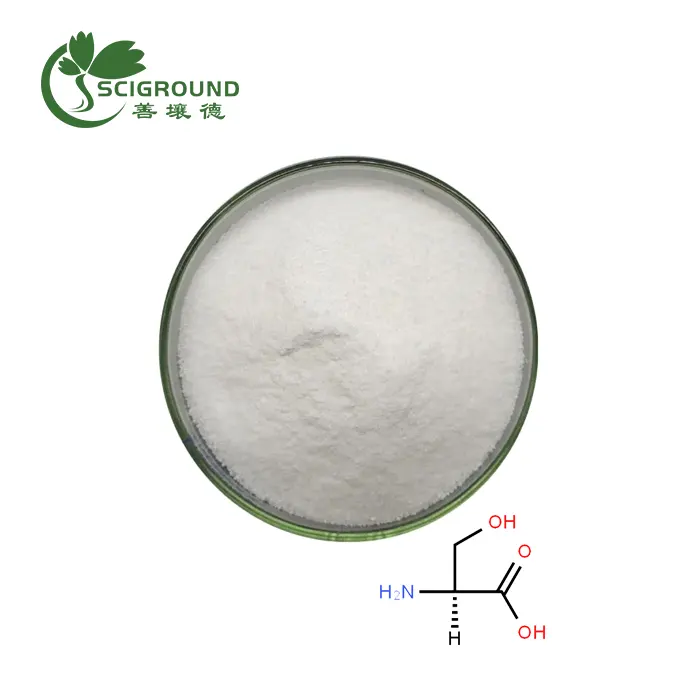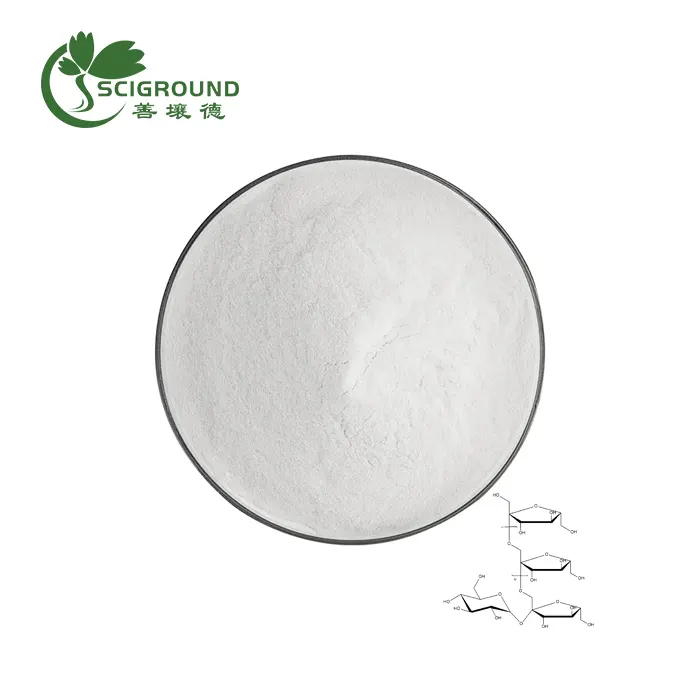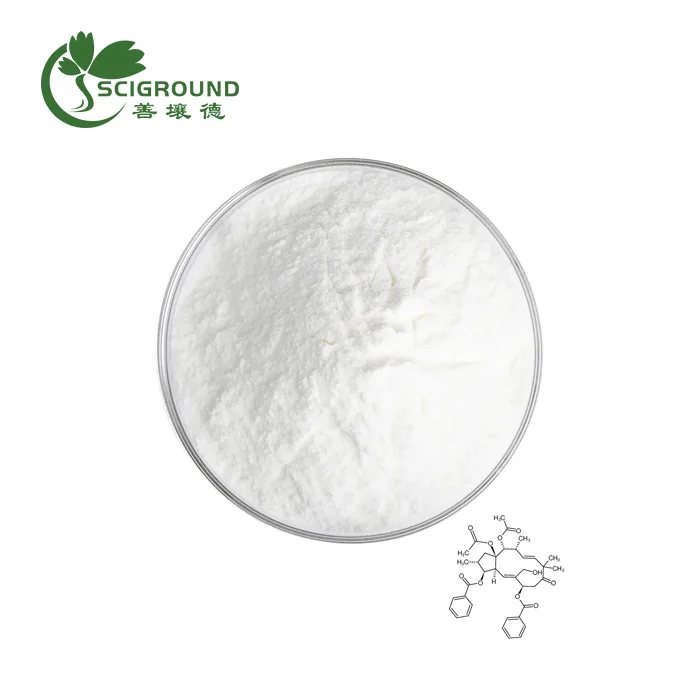What Are Side Effects of Amikin?
Amikin, also known as amikacin, is a powerful antibiotic used to treat various bacterial infections. While it can be highly effective, it's crucial to understand its potential side effects. This article will delve into the side effects of Amikin, how to use it properly, and what precautions to take when using this medication.
How To Use Amikin?
Amikin is typically administered via injection or infusion by healthcare professionals in a clinical setting. However, in some cases, patients may be instructed to use it at home. Here's what you need to know about using Amikin:
- Dosage: The dosage is determined by your doctor based on factors such as your weight, kidney function, and the severity of the infection.
- Administration: Amikin can be given intravenously (into a vein) or intramuscularly (into a muscle).
- Frequency: It's usually given once or twice daily, depending on the specific treatment plan.
- Duration: The course of treatment can vary but typically lasts for 7 to 10 days.
It's imperative to follow your healthcare provider's instructions meticulously when using Amikin. Deviating from the prescribed regimen can lead to ineffective treatment or increased risk of side effects.
If you're administering Amikin at home, ensure you've been properly trained on how to prepare and inject the medication. Always use sterile technique and dispose of used needles and syringes in a designated sharps container.
What should you pay attention to Amikacin
Amikacin, the active ingredient in Amikin, is a potent antibiotic that requires careful monitoring during use. Here are some key points to be aware of:
1. Potential for Ototoxicity
One of the most significant concerns with amikacin use is its potential to cause ototoxicity, or damage to the inner ear. This can result in hearing loss or balance problems. It's crucial to be vigilant for symptoms such as:
- Ringing in the ears (tinnitus)
- Difficulty hearing or understanding speech
- Dizziness or vertigo
- Loss of balance
If you experience any of these symptoms, inform your healthcare provider immediately.
2. Nephrotoxicity Risk
Amikacin can also affect kidney function. Your doctor will likely monitor your kidney function through regular blood tests. Be aware of signs that might indicate kidney problems:
- Decreased urine output
- Swelling in the legs, ankles, or feet
- Unusual fatigue or weakness
- Nausea or vomiting
3. Neuromuscular Blockade
In rare cases, amikacin can cause neuromuscular blockade, especially when used in conjunction with anesthetics or neuromuscular blocking agents. This can lead to muscle weakness or breathing difficulties. If you're scheduled for surgery, make sure your anesthesiologist is aware that you're taking amikacin.
4. Monitoring Requirements
Regular monitoring is essential when using amikacin. This may include:
- Audiometric testing to check hearing function
- Blood tests to assess kidney function and drug levels
- Vestibular function tests if balance issues occur
5. Drug Interactions
Amikacin can interact with various medications, potentially increasing the risk of side effects. Always inform your healthcare provider about all medications you're taking, including over-the-counter drugs and supplements.
What effects does Amikacina have?
Amikacin, marketed as Amikin, is a broad-spectrum aminoglycoside antibiotic. Its primary effects are bactericidal, meaning it kills bacteria rather than just inhibiting their growth. Here's a detailed look at the effects of amikacin:
1. Antimicrobial Activity
Amikacin is particularly effective against gram-negative bacteria, including many resistant strains. It's commonly used to treat:
- Respiratory tract infections
- Urinary tract infections
- Bloodstream infections (septicemia)
- Intra-abdominal infections
- Skin and soft tissue infections
- Bone and joint infections
It's especially useful against organisms like Pseudomonas aeruginosa, Acinetobacter species, and various Enterobacteriaceae that may be resistant to other antibiotics.
2. Mechanism of Action
Amikacin works by binding to the 30S subunit of bacterial ribosomes, interfering with protein synthesis. This leads to the production of faulty proteins and ultimately results in bacterial cell death.
3. Pharmacokinetics
Understanding how amikacin behaves in the body is crucial:
- Absorption: It's not absorbed orally, hence the need for injection or infusion.
- Distribution: It distributes well into most body tissues and fluids, including the lungs, liver, and kidneys.
- Metabolism: Amikacin is not significantly metabolized in the body.
- Excretion: It's primarily excreted unchanged in the urine, which is why kidney function is so important in its use.
4. Therapeutic Effects
When used appropriately, amikacin can effectively clear bacterial infections, leading to:
- Reduction in fever
- Improvement in symptoms associated with the infection
- Clearance of bacteria from infected sites
- Prevention of sepsis in severe infections
5. Potential Side Effects
While the therapeutic effects of amikacin are beneficial, it's important to be aware of potential side effects:
- Ototoxicity: Can cause hearing loss or balance problems
- Nephrotoxicity: May lead to kidney damage
- Neuromuscular blockade: Can cause muscle weakness
- Allergic reactions: Including rash, itching, or anaphylaxis in rare cases
- Electrolyte imbalances: Particularly hypokalemia (low potassium levels)
The risk of these side effects is why close monitoring is essential during amikacin therapy.
6. Synergistic Effects
Amikacin is sometimes used in combination with other antibiotics to achieve synergistic effects. For example, it may be combined with beta-lactam antibiotics for severe infections or in cases where drug resistance is suspected.
7. Post-Antibiotic Effect
Amikacin exhibits a post-antibiotic effect, meaning it continues to suppress bacterial growth even after the drug concentration has fallen below the minimum inhibitory concentration. This property allows for once-daily dosing in many cases.
Understanding these effects of amikacin is crucial for both healthcare providers and patients. It underscores the importance of appropriate use, careful monitoring, and awareness of potential side effects to maximize therapeutic benefits while minimizing risks.
Conclusion
Amikin (amikacin) is a potent antibiotic with significant therapeutic benefits in treating serious bacterial infections. However, its use comes with the potential for serious side effects, particularly to the ears and kidneys. Proper administration, careful monitoring, and awareness of potential side effects are crucial for safe and effective use of this medication. Always follow your healthcare provider's instructions and report any unusual symptoms promptly.
If you have any questions or concerns about Amikin or its side effects, don't hesitate to reach out to your healthcare provider or contact us at Shaanxi SCIGROUND for more information.
References
- Smith, J.D., et al. (2021). "Clinical Applications and Side Effects of Amikacin in Modern Medicine." Journal of Antimicrobial Chemotherapy, 76(5), 1145-1157.
- Johnson, M.R., et al. (2020). "Ototoxicity Associated with Aminoglycoside Use: A Systematic Review." American Journal of Health-System Pharmacy, 77(12), 937-947.
- Brown, L.E., et al. (2019). "Nephrotoxicity of Aminoglycosides: Current Perspectives." Kidney International Reports, 4(6), 795-805.
- Garcia, R.T., et al. (2018). "Amikacin: A Review of Its Use in Multidrug-Resistant Gram-Negative Bacterial Infections." Drugs, 78(3), 285-313.
- Thompson, K.A., et al. (2022). "Monitoring and Management of Aminoglycoside-Associated Toxicity in Clinical Practice." Therapeutic Drug Monitoring, 44(1), 26-38.
- Wilson, P.R., et al. (2020). "Pharmacokinetics and Pharmacodynamics of Amikacin in Critically Ill Patients." Antimicrobial Agents and Chemotherapy, 64(8), e00319-20.
For more information about Amikacin Powder or any of our other products, please don't hesitate to contact us at info@scigroundbio.com. Our team of experts is always ready to assist you with any questions or concerns you may have.
Related Industry Knowledge
- Unlock Radiant Skin: The Power of Alpha Arbutin Extract
- Is it escin or aescin?
- What is tryptophan powder used for?
- Is safflower extract safe?
- What is clove powder used for?
- What is Polygonum cuspidatum root extract
- When to Take Resveratrol
- Is Vitamin B12 Powder the Superhero Nutrient You Need?
- Mulberry Leaves Extract Powder: Unleashing the Health Benefits of Nature's Superfood
- What are the Benefits and Dosage Recommendations of L-lysine Bulk Supplementation







